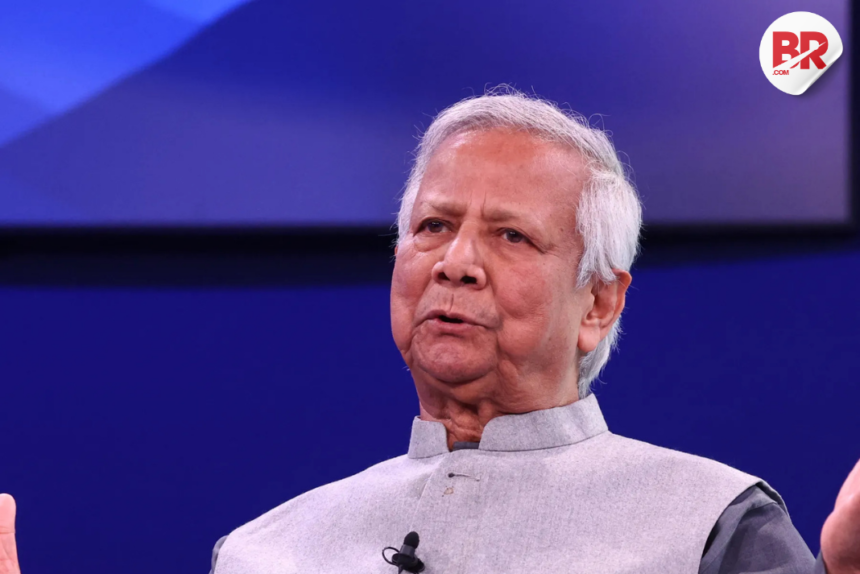
UK Prime Minister Keir Starmer has declined to meet Muhammed Yunus, the Nobel Peace Prize winner and interim leader of Bangladesh, as his government tries to recover nearly $234 billion allegedly siphoned off during the rule of ousted Prime Minister Sheikh Hasina, according to the Financial Times.
This denial marks a diplomatic snub as Yunus visited London seeking international cooperation, especially from the UK, which he claims is one of the biggest destinations for the “stolen money.” Despite the cold shoulder from No. 10, Yunus remains hopeful that Britain will assist in the financial hunt.

Why It Matters
For the average person in Bangladesh, this isn’t just high-level politics. If even part of the claimed $234 billion can be traced and retrieved, it could radically reshape healthcare, infrastructure, and education in the country.
But here’s the twist: the UK—seen as a key player in international anti-corruption efforts—has so far avoided getting its hands dirty. And the man asking for help isn’t just anybody; it’s Yunus, the globally respected microfinance pioneer.
Drama in Mayfair, Denial in Whitehall
The visit didn’t go smoothly. Outside the Dorchester Hotel, dozens of Bangladeshi-origin protesters, reportedly linked to the UK wing of the Awami League, gathered and shouted slogans at Yunus, calling him a traitor and demanding he “go back.”
Meanwhile, inside government buildings, Starmer’s team refused Yunus’ meeting request.
Yunus told the Financial Times that the UK had a “moral obligation” to support his government’s efforts to recover misappropriated public funds. He insisted that this trip was only the beginning of a wider international push to find the money.
Also Read India’s 2025 Outward Remittance Hits $30B: New Rules Could Reshape Investment Flows
Tulip Siddiq Enters the Picture
Adding to the mess is Tulip Siddiq, British MP and niece of Sheikh Hasina. She stepped down from her role as the UK’s anti-corruption minister in January following allegations tied to Hasina’s inner circle. Siddiq denied any wrongdoing but remains in Parliament.
Interestingly, Siddiq had reached out to Yunus asking for a meeting to “clear misunderstandings.” He declined.
There’s a certain irony in a corruption minister’s family ties being questioned while the UK sits on potentially billions in tainted money.
The Bigger Picture
Whether or not Starmer eventually helps, this story is more than just an awkward meeting rejection. It’s about how former colonial powers now hold the keys to global accountability—or choose not to turn them.
Bangladesh, under Yunus, is trying to clean house. But the housekeeper can’t do much if the safe is still offshore.
Also Read National Elections in Bangladesh Scheduled for April 2026, Announces Muhammad Yunus












